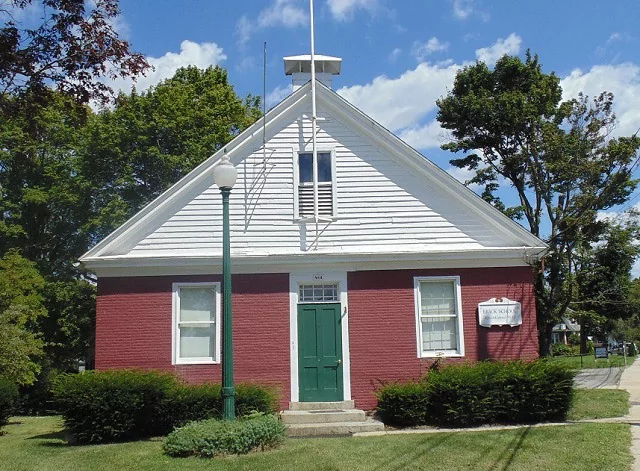Unsure What is Right for You?
Use our online assessment tool to see what information, tools and resources are available here that best meet your needs.
Need to speak to someone by phone about a caregiving issue? There are options to contact someone directly for help.
TEXT SIZE
SHARE

When it comes to taking care of a loved one, the last thing most people want to think about is money. But the financial issues that come with caring for an elder can be among the most challenging and stressful aspects of the caregiving role. This is especially true when dealing with the expense of a chronic illness or condition.
While changing circumstances don’t always give caregivers the luxury of having lots of time to plan for all contingencies, being as prepared as possible is vital. The need to plan ahead is particularly important for long-term care.
Caregivers should start by assessing their loved one’s current financial situation, determining all their assets and learning what benefits they may be entitled to receive.
A good place to start is at BenefitsCheckUp.org, a free service of the National Council on Aging. BenefitsCheckUp provides an assessment tool to help seniors and caregivers determine their eligibility for a federal, state and private benefits programs to help pay for health care, housing, medications, food, utilities, legal assistance, in-home services, taxes and transportation.
Massachusetts residents should also check out the state’s in-depth guide “Embrace Your Future: Planning Guide for Long-Term Supports in Massachusetts” [PDF].
The SHINE (Serving the Health Information Needs of Elders) Program is another resource all caregivers should be aware of. It provides free, confidential and unbiased health insurance information, assistance and counseling available at town Councils on Aging.
Elder law attorneys and geriatric care managers can also help assist you in navigating the complexities of financial planning if you can afford the cost of hiring such professional help.
To help get an overall assessment of your financial situation and help plan for the future, the Women’s Institute for a Secure Retirement has a thorough guidebook for caregivers, “Financial Steps for Caregivers: What You Need to Know About Protecting Your Money and Retirement.”
While many assume Medicare will cover the costs of a nursing home, it actually provides very limited assistance.
Taking out a reverse mortgage is another way that many seniors cover expenses during their later years. A reverse mortgage is a loan that enables homeowners age 62 or older to convert part of their equity in their homes into tax-free income without having to sell the home, give up title or take on a new monthly mortgage payment. The loan becomes due when the homeowner dies, sells the home or moves out of the home permanently.
The Massachusetts state website has more information about reverse mortgages, as well as a listing of reverse mortgage programs approved by the Massachusetts Division of Banks. On a federal level, the U.S. Department of Housing and Urban Development has more information about reverse mortgages on its website. .
There are a number of programs available to Massachusetts elders and caregivers to help with the financial issues they may face. These include: